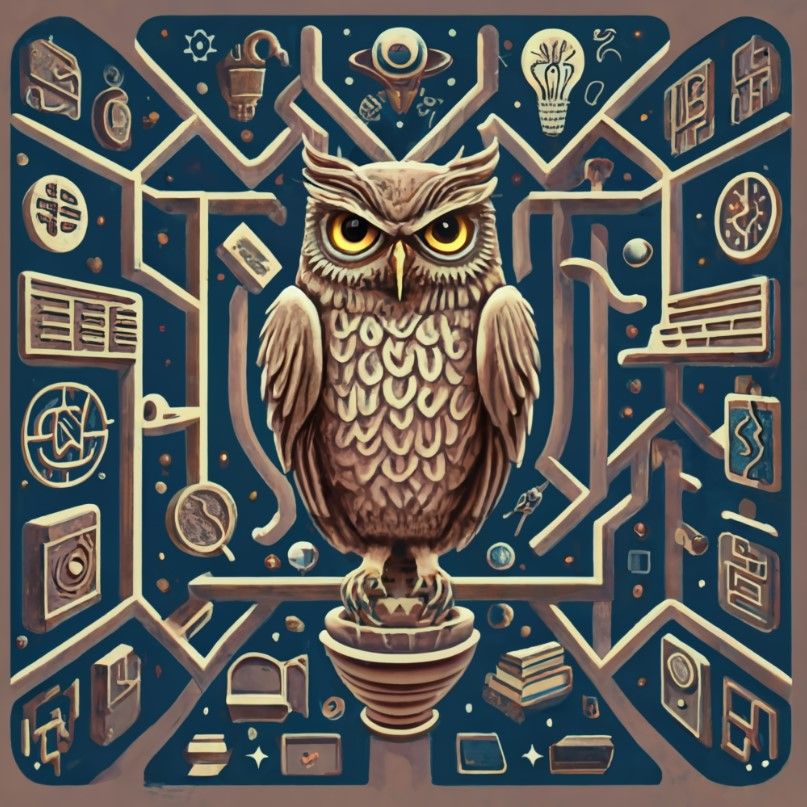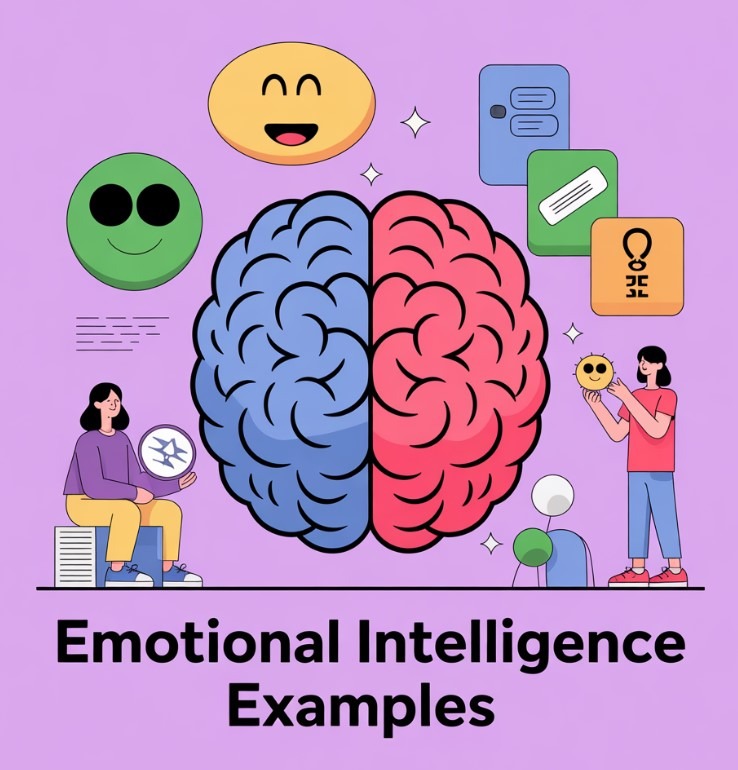Aristotle’s Contributions and Examples

Contents
Born in Ancient Greece, Aristotle, a Greek philosopher of historical importance, laid the foundations for Western philosophical thought. He, as a pupil at Plato’s Academy, established his educational lineage under the tutelage of Plato.
But Aristotle diverged from his predecessors by employing scientific and factual reasoning through empirical observation. Perhaps Aristotle’s pivotal contributions to nature, logic, and reason have left an intellectual legacy with a broad impact.
He, known as the First Teacher, holds an honorific title that underscores his importance in medieval philosophy. To delve into the contributions of Aristotle, this top 10 list will inform all readers of the article about the scope of his work and major achievements.
1. Invented the Logic of the Categorical Syllogism
Syllogism, a form of deductive reasoning, is a logical argument that students and readers unfamiliar with. These premises share a common term, creating a logical connection through a shared element.
This logical deduction, the foundation of formal logic, was invented by Aristotle. He developed a logical procedure for systematic analysis, ensuring valid inference from propositions.
These propositions, or statements and assertions, form the premises that students and readers learning about. For example, the first premise might be “Socrates is a man,” a straightforward illustration.
All men are mortal, providing the second premise in this minor premise example. These premises lead to the conclusion that “Socrates is mortal,” demonstrating the syllogism in a way.
The underlying principle of logic ensures a valid conclusion from the propositions. Its widespread influence on Western logic and reasoning stems from Aristotle’s theory of syllogism.
However, later developments in mathematical deductions and predicate logic surpassed Aristotle’s system. That said, the enduring importance of Aristotle’s categorical syllogism as the foundation of logic remains.
2. Classification of Living Beings
In his pioneering work in zoology, Aristotle’s classification of different animals in Historia Animalium marks a landmark contribution. He classified animals by sorting and grouping them based on common traits.
For instance, Aristotle grouped animals with blood, such as vertebrates or enaima. Similarly, he classified animals by their habitat, environment, or location.
In his hierarchical make-up of living beings, known as the scala naturae or great chain of being, Aristotle placed humans at the top due to their rational soul. He introduced binomial nomenclature, a two-part naming system for scientific naming.
Using genus and species in this two-part system, Aristotle highlighted the difference between broad categories and specific traits. Aristotle defined genus as a general kind or broader category of a living being. The difference, or specific trait known as differentia, distinguishes one living organism from another.
3. Founder of Zoology
Aristotle, often called the Father of Zoology, earned this honorific title for his scientific contributions. As the Father of Zoology, his systematic study of the animal kingdom and classification procedures justify this title.
However, his work in zoology extended beyond classification to include anatomy and reproduction. Some of his popular treatises on the study of animals, such as his zoological writings.
Unlike his predecessors, Aristotle employed specific techniques like empirical methods and dissection. He used empirical methods, including observation and what we might now call proto-scientific tests.
One example of his observational experiments involved the dissection of a chick embryo to study embryonic development. Using this method, Aristotle documented the growth of different organs and sequential development, or organogenesis, in the embryo.
4. Contributions in Physics
It is time to transition to his work in physics, an area where his critical evaluation shows both strengths and weaknesses. His studies in physics were less original, drawing heavily on his philosophical predecessors among Greek thinkers.
For example, his views on the world’s set-up and classical elements were influenced by pre-Socratic era theorists. He adopted the idea of four fundamental elements—earth, air, fire, and water—a concept from Empedocles’ view.
Similarly, Aristotle’s concept of motion and change, grounded in potentiality, offers a foundational theory. In his complex definition, motion is the actuality of a potentiality, a concept.
In summary, Aristotle’s overarching view of natural philosophy and the study of nature forms the basis of his physics. Perhaps the original term “physis” better captures his concept of the study of nature.
5. Influences in the History of Psychology
Aristotle’s pioneering work in psychology, particularly his exploration of the soul in De Anima. In De Anima, Aristotle delves into abstraction, sensory experience, and universal forms.
The mind, or soul, as the form of the body, is a central theme in Aristotle’s psychological theory. In his work, Aristotle presents the human intellect as divided into passive and active components.
According to Aristotle, imitation or mimesis is a fundamental aspect of human nature. Perhaps his most significant contribution was linking human psychology to its biological basis. His foundational concepts and systematic study of the soul have had a profound impact on pre-scientific era psychology.
6. Advances in Meteorology
For his detailed analysis and broad interests, Aristotle’s systematic observation has left a lasting legacy. At its core, the modern definition of meteorology involves weather forecasting and the study of the atmosphere.
But Aristotle’s historical definition in Meteorologica encompasses a broader range of earth sciences. In Meteorologica, Aristotle explores the different affections of the common body, specifically air, water, and earth.
The Meteorologica covers key topics such as comets and rainbows. His theories on meteorological occurrences, though historically important, contain some inaccurate theories.
Aristotle’s incorrect theory of underground winds causing geological phenomena like earthquakes is one example. Similarly, he studied other atmospheric phenomena such as shooting stars and auroras.
7. Ethics
An introduction to Aristotelian ethics reveals a complex subject in moral philosophy. Having identified Nicomachean Ethics as the key text in his practical philosophy.
It is a collection of lectures on ethics, originally intended for his son Nicomachus. The Nicomachean Ethics focuses on character and the good life.
Aristotelian ethics aims at eudaimonia, or human flourishing, through social and behavioral virtues. For example, his list of moral and intellectual virtues includes courage, temperance, and liberality.
These virtues form the groundwork of Aristotle’s endeavors in ethics. In essence, Aristotle’s ethical philosophy emphasizes that we are the sole narrators of our souls.
8. Aristotelianism
Aristotelianism, as a philosophical tradition, has had a vast sphere of influence. Aristotelianism is a school of thought based on Aristotle’s philosophical system.
The influence of Aristotelian ideologies extends to metaphysics, ethics, and conventional philosophy. The long-term impact of Aristotle’s ideas on the intellectual history of the Western world is profound.
His first followers, the Peripatetic school at the Lyceum, carried on his philosophical works. The Neoplatonists, including Porphyry, later engaged critically with his works.
Historians note the influence of Aristotelianism on early Islamic philosophy, with figures like Al-Kindi and Avicenna drawing heavily from his ideas.
9. Politics
The word “politics” originates from the Greek “polis,” referring to the city-state. Aristotle viewed the polis as the highest form of political association.
Being part of a polis is essential for a virtuous life and realizing human potential. Attaining citizenship in a polis requires political connections and active participation.
In his famous phrase, “man is a political animal” or “zoon politikon,” Aristotle encapsulates his view on the necessity of political life. Without his life experiences, Aristotle’s practical insights and political acumen might not have been as profound.
His naturalism of politics, grounded in a biological approach, shows the empirical politics that link his work in biology to his political philosophy. He classified constitutions into different political systems.
In his view, good constitutions include monarchy, aristocracy, and polity, while bad constitutions include tyranny, oligarchy, and democracy. He believed that an individual’s political worth is determined by their contribution to the state.
10. Poetics
Many of Aristotle’s works on art and poetry, though influential, are now lost. Most of his surviving works are lecture notes preserved by his pupils, known as esoteric works.
Aristotle’s Poetics focuses on dramatic theory and literary criticism. During his time, his work on drama was divided into two parts, with the second book on comedy being lost.
The surviving work covers tragedy, while the lost work would have covered epic. According to Aristotle, good tragedy achieves katharsis, the purgation of emotions like pity and fear.
Conclusion
It is remarkable how the work of Aristotle has maintained its enduring influence over centuries.
From his groundbreaking contributions to logic and biology to his profound impact on ethics and politics, the legacy of Aristotle as one of the most influential figures in Western thought is undeniable.











